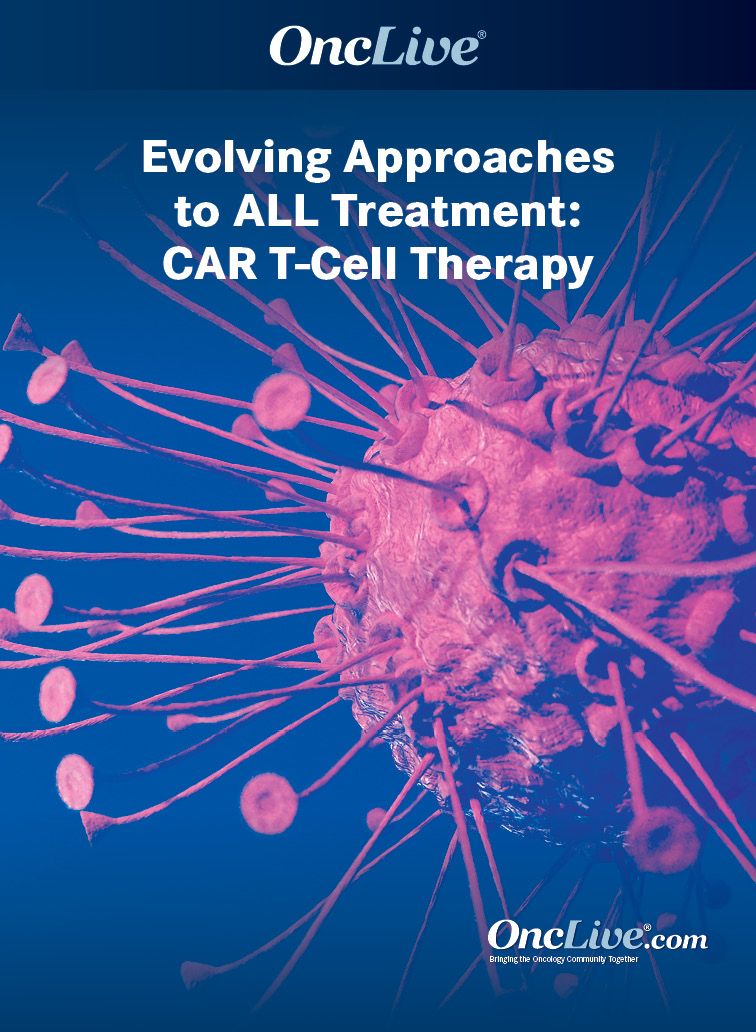Dr. Roddie on the Potential Utilization of Obe-Cel in R/R ALL
Claire Roddie, MD, discusses the potential utilization of obecabtagene autoleucel in relapsed/refractory acute lymphoblastic leukemia.
Claire Roddie, MD, hematologist, the University College London Hospital, London, UK, discusses the potential utilization of obecabtagene autoleucel (obe-cel; previously referred to as AUTO1) in relapsed/refractory acute lymphoblastic leukemia (ALL).
When utilizing CAR T-cell therapies, T-cells could signal to the point of not being functional in the patient, Roddie explains. However, obe-cel, a second-generation CD19 CAR T-cell agent, features a different binding kinetic than previous agents used in this space, Roddie explains. Because obe-cel quickly releases from CD19, CAR T-cells secrete less cytokine, which helps reduced the risk of immune toxicities typically seen from these agents, Roddie adds.
Furthermore, the quick release from the CD19 antigen allows obe-cel to have lower exposure to the leukemia target cells, Roddie continues. This allows the CAR T cells to last for longer periods of time within patients, Roddie explains. Overall, those are the potential biological benefits in the design of obe-cel, Roddie concludes.




